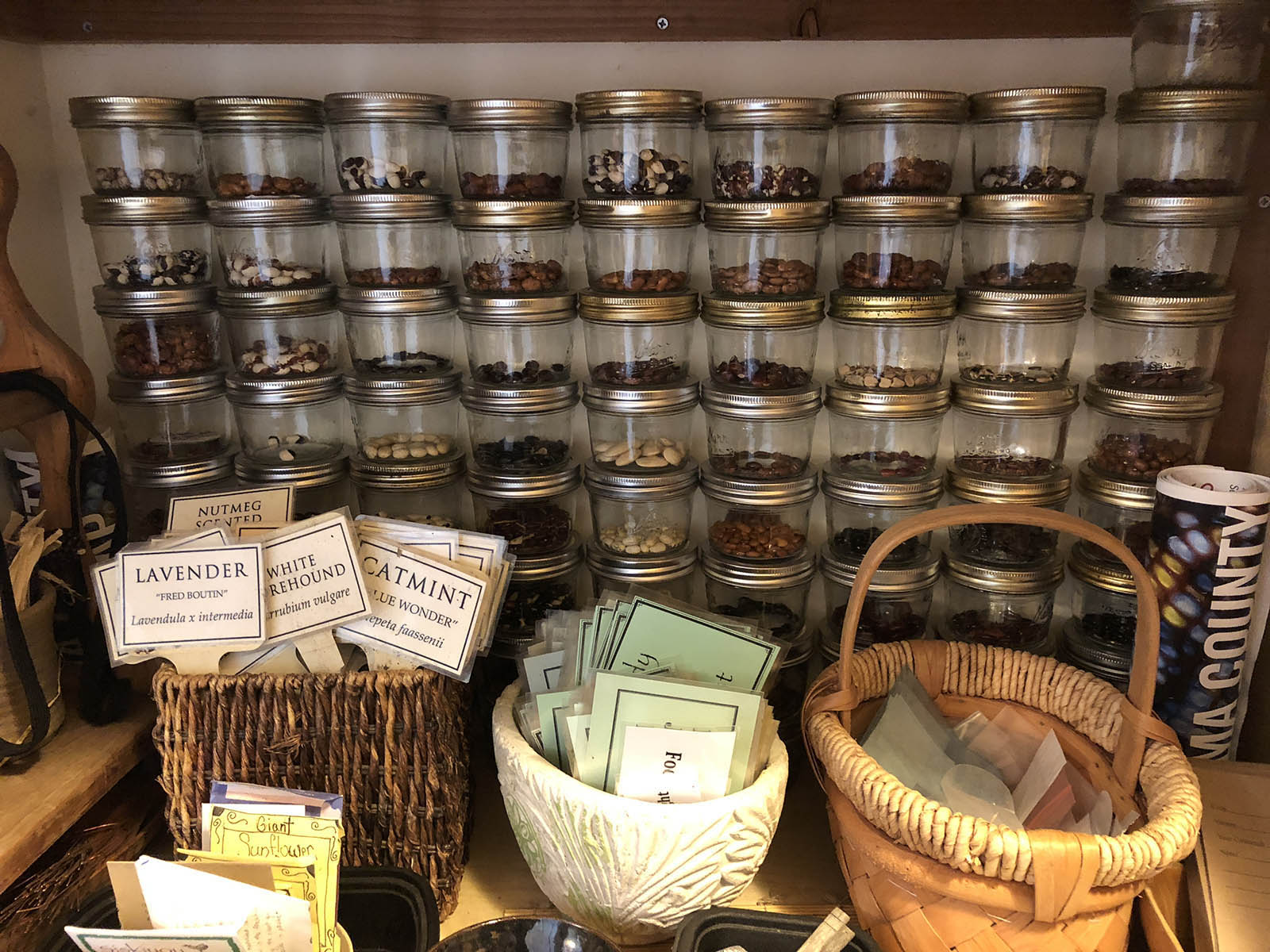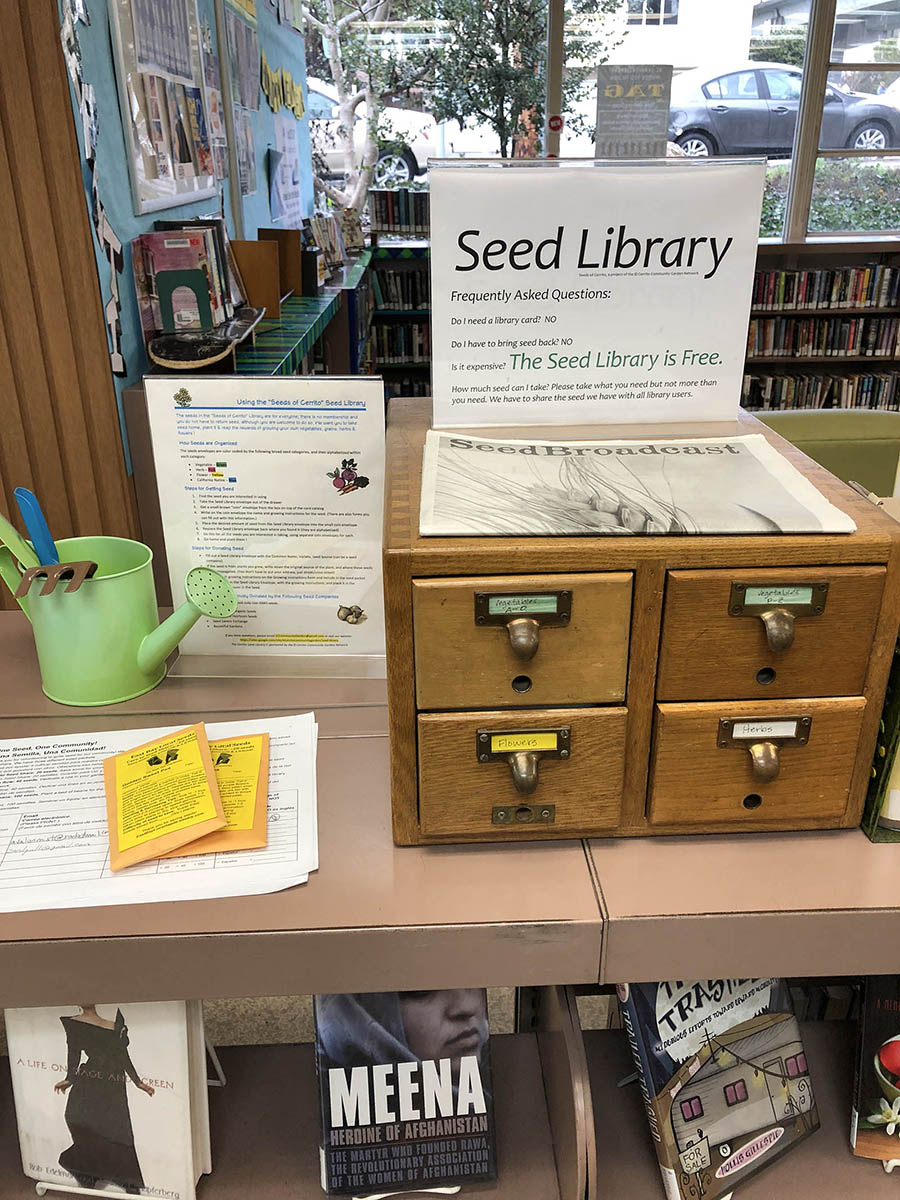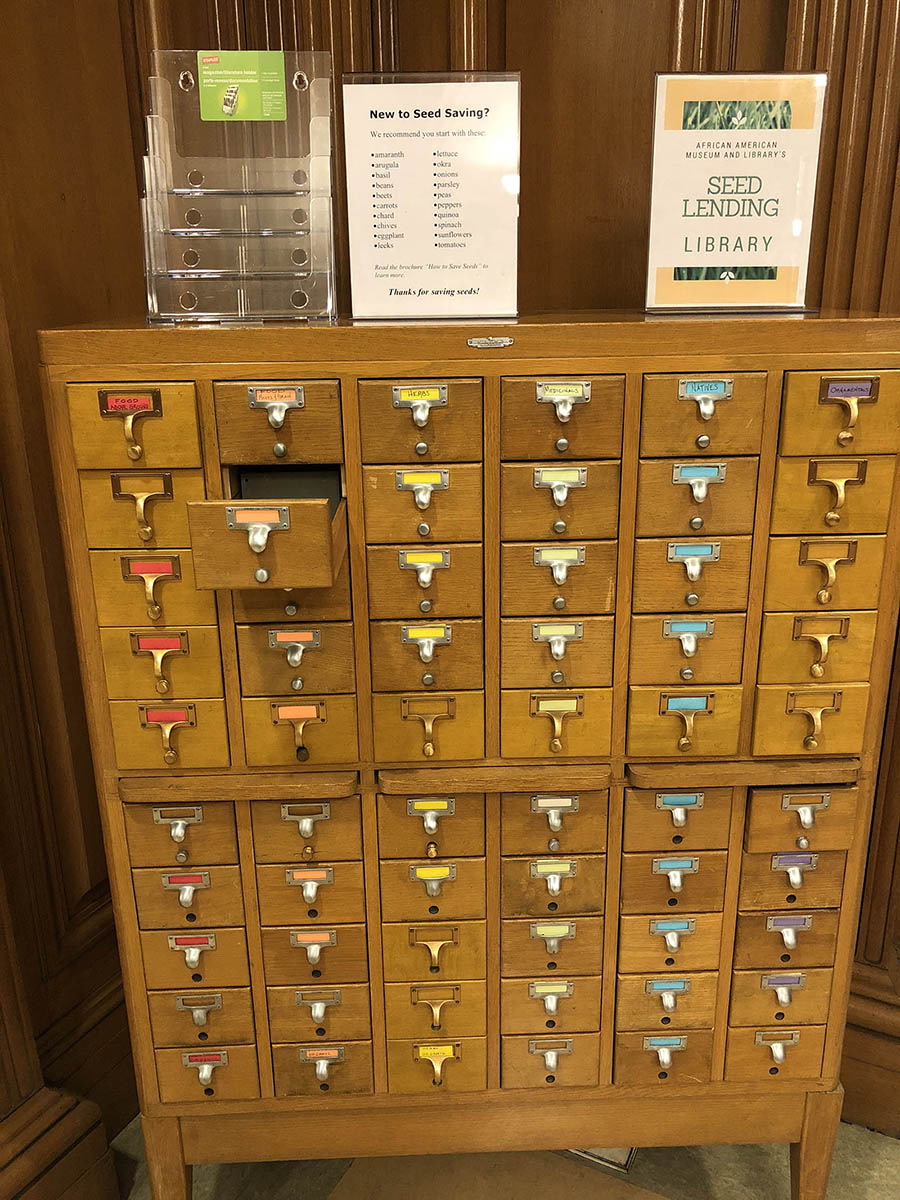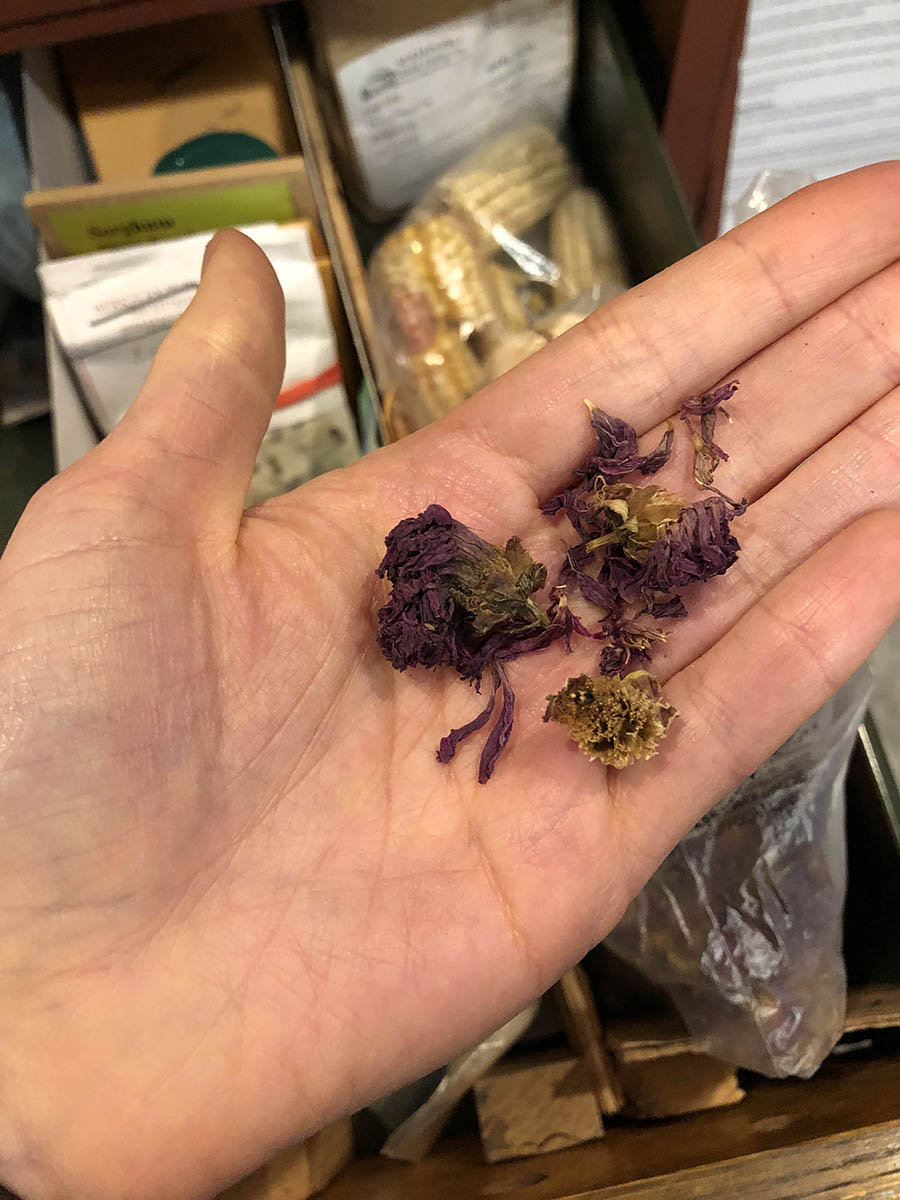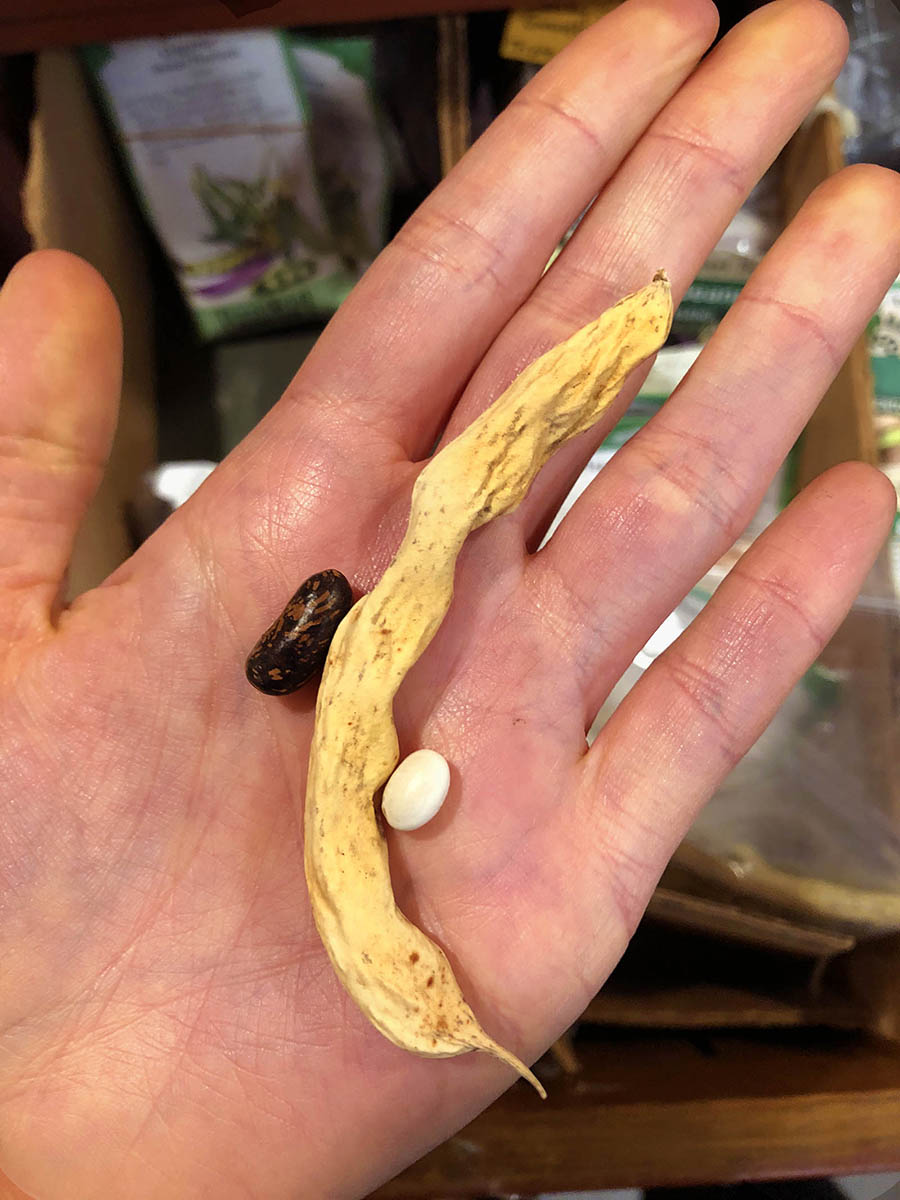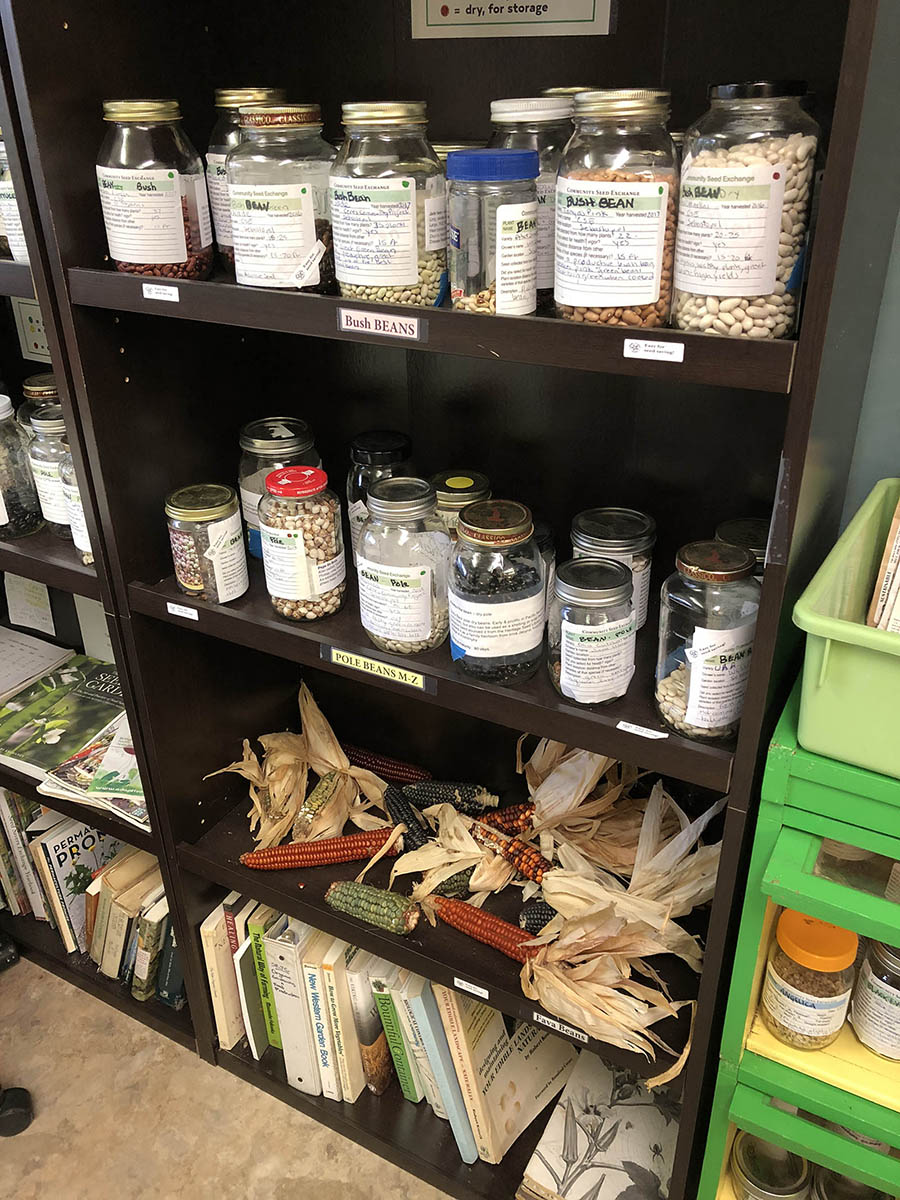It Starts with a Seed: Exploring Place-Based Socio-Ecological Care and Alternative Economies in Community Seed Saving Initiatives
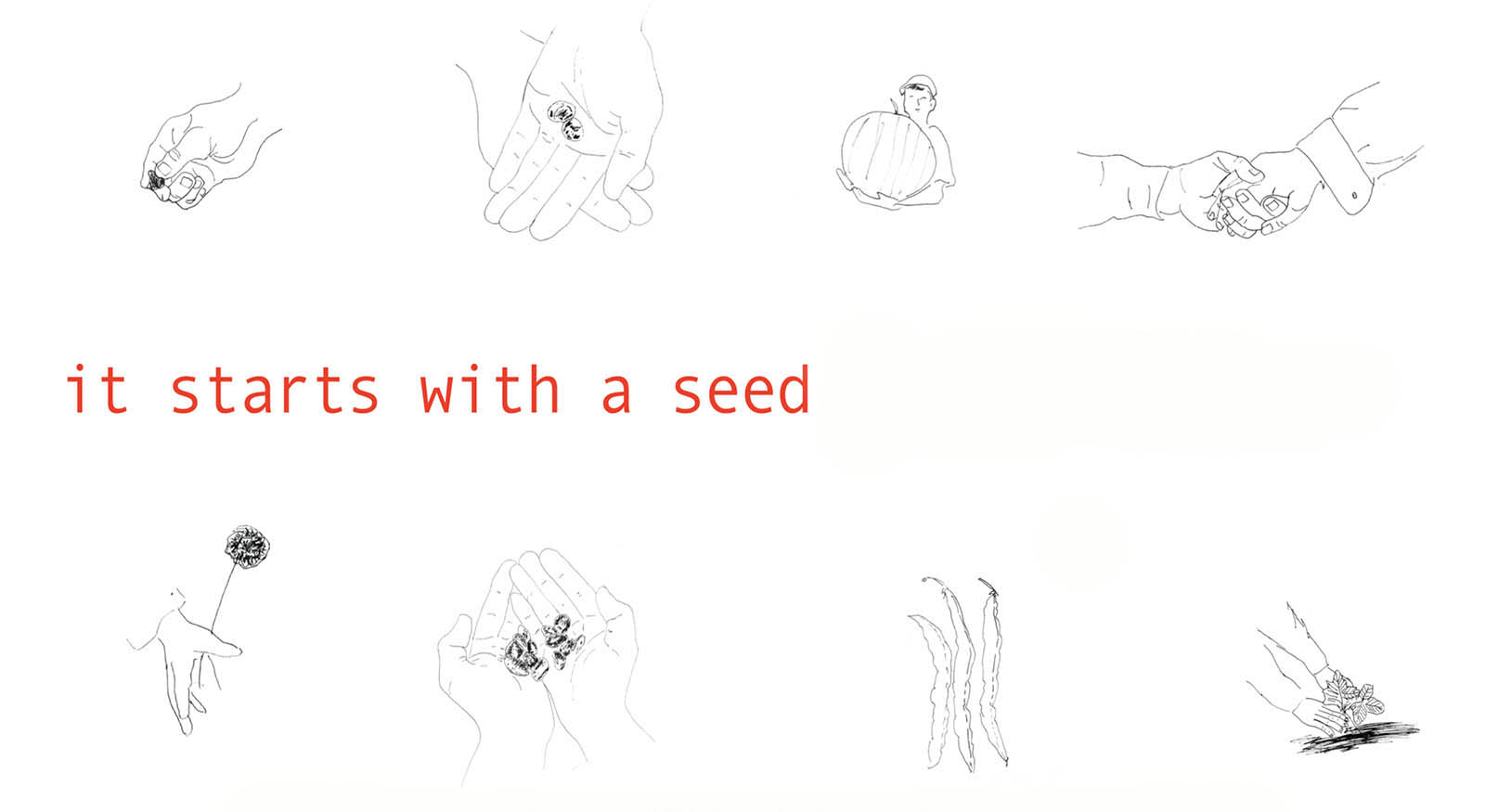
by Kathryn Gourley (MUP ’19) — Recipient of the Urban Planning and Design Thesis Prize in Urban Planning
Humans have sowed, saved, and shared seeds for millennia. Maintaining relationships with seeds allows food growers to influence yield, taste, nutrition, as well as adapt to uncertain and changing climatic conditions. However, the practice of saving seed from season to season is now the exception to the rule, seen as an anachronistic practice or merely a hobby, as the last half century has given rise to legal and policy regimes of biotechnology, intellectual property rights, and corporate consolidation which have threatened rights and freedoms to save seeds, and the knowledge of how to do so.
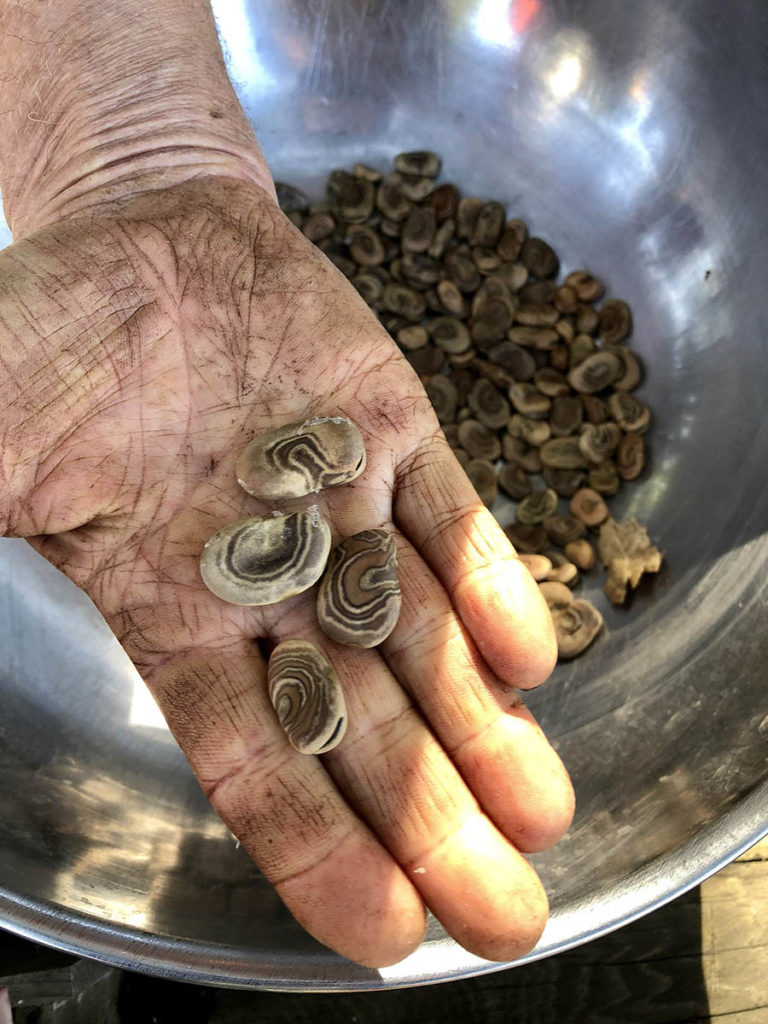
In turn, resistance efforts seeking to get seeds into the hands of the people and protect the ability to grow out and save open-pollinated, heirloom seeds through living conservation practices (in situ conservation) have sprouted up from the global to hyper-local scales. This thesis explores urban community seed saving to unpack and understand the significance of local grassroots efforts to get open-pollinated, heirloom seeds into the hands of the people. Applying the lens of feminist political ecology, which centers the study of care, everyday life, and practices which establish “diverse economies” (Gibson-Graham 1996, 2006), this project examines particular trends in the seed sovereignty movement as they play out in North American seed libraries. Specifically, through a multisite case study in the Bay Area, it reads the act of seed saving as a practice of place-based socioecological care and public seed libraries as alternative economies which facilitate the translation of that care to the public sphere by a process of re-commoning. The stories presented here suggest that seed saving and sharing – within and across place-based communities – can stoke transformative imaginations, spur collective action, and nurture hope for dealing with the multiple crises and injustices perpetuated by the industrial agro-food system.


